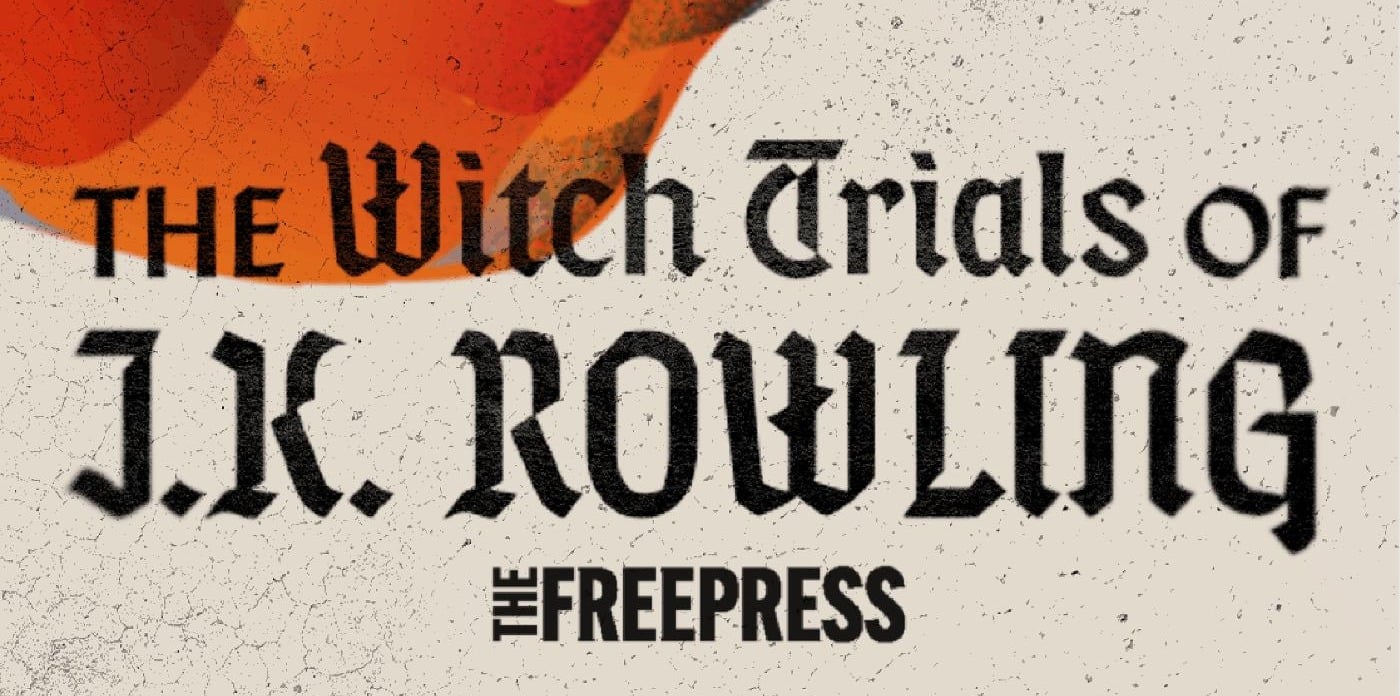When Paul stood before the Areopagus, he began his speech to the Athenians on common ground: “I see how extremely religious you are in every way” (Acts 17:22). His message was new and radical. The unknown God who sat on their pagan altars was, in fact, a crucified Jew from Nazareth. Despite the novelty, Paul saw their religion as a starting point from which to have the conversation.
Login to read more
Sign in or create a free account to access Subscriber-only content.
